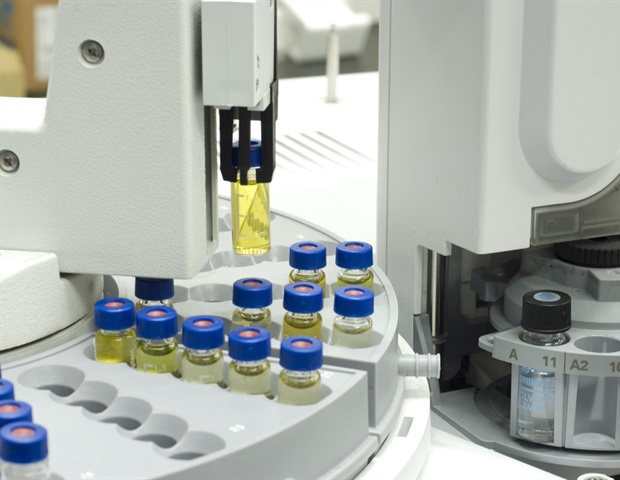Overview
- Published Aug. 18 in PNAS, the team used the REpAb platform to sequence a naturally acquired, functional plasma IgG, marking the first mass spectrometry decoding of such an antibody.
- The monoclonal antibody blocks binding between diverse PfEMP1 adhesion proteins and the human endothelial protein C receptor, a key interaction in severe Plasmodium falciparum disease.
- Structural analysis with Scripps researchers showed the antibody recognizes conserved PfEMP1 residues that underpin its broad inhibition.
- Researchers first screened donors in Tanzania and Denmark to find immune plasma that prevented multiple PfEMP1 variants from engaging EPCR, directing the discovery effort.
- The collaboration spanned the University of Copenhagen, Tanzania’s National Institute for Medical Research, Rigshospitalet, Rapid Novor, and Scripps, and the authors say the approach can pinpoint protective antibodies to inform vaccine research.
